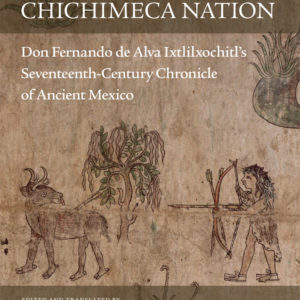
The Race to Fashoda: European Colonialism and African Resistance in the Scramble for Africa
By David Levering Lewis (Trustee; NHC Fellow, 1983–84) David Levering Lewis is the Martin Luther King, Jr. Professor of History at Rutgers University and was recently awarded a MacArthur Fellowship. W.E.B. Du Bois: Biography of a Race, 1868-1919 received the Bancroft, Parkman, and Pulitzer Prizes, and was a finalist for the National Book Award and … Continued



